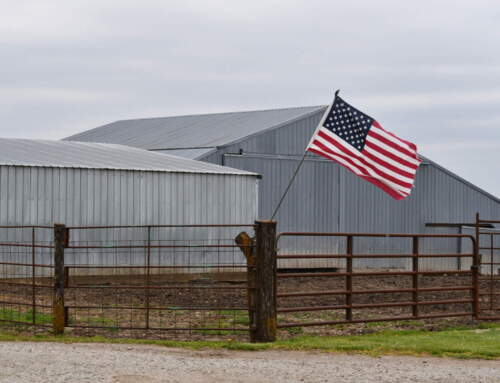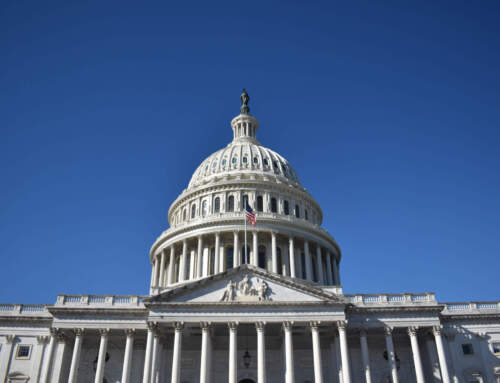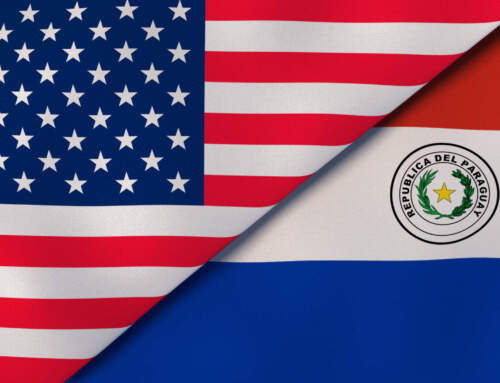January 2, 2014 – In an unprecedented display of political polarization and congressional gridlock, Congress was unable to pass a 2012 Farm Bill, which later became known as the 2013 Farm Bill, and now will be dubbed the 2014 Farm Bill.
One section contained only in the House of Representatives’ (House’s) version of the Farm Bill, Section 12102, would prevent the U.S. Department of Agriculture (USDA) from writing rules to implement and enforce key provisions of the Packers and Stockyards Act of 1921. Those key provisions prohibit meatpackers from engaging in unfair and deceptive practices when purchasing livestock from independent livestock producers.
If Congress includes House Section 12102 in the 2014 Farm Bill, livestock producers will be left without any meaningful protections against unfair and anticompetitive practices such as retaliation, deception, and discrimination by the highly concentrated meatpackers.
The meatpackers do not want to be banned from such unfair and anticompetitive practices because they rely on those very practices to vertically integrate the livestock industries, which entails the replacement of marketplace competition with meatpacker-control over the livestock supply chain.
Meatpackers have already vertically integrated the poultry industry and have nearly completed the vertical integration of the hog industry, which means independent producers in those industries now have few, if any, alternative marketing options other than to enter a production contract with one of the highly concentrated meatpackers.
The Farm Bill Conference Committee is expected to meet in early January to decide the fate of Section 12102 in the House Farm Bill that would deny producers the marketplace protections first passed by Congress in 1921.
Senator John Hoeven (R-N.D.) serves on the Conference Committee and his vote is viewed as critical for the future of the livestock industry. In fact, it could well be the deciding vote.
If Senator Hoeven votes to reject Section 12102, then livestock producers and their competitive markets will receive the protections Congress intended them to have against the abusive practices of the highly concentrated meatpackers.
If, on the other hand, Senator Hoeven votes to include the Section 12102 in the 2014 Farm Bill, then the meatpackers will proceed in earnest to vertically integrate the cattle industry by substituting their corporate control for the forces of competition.
Given that the U.S. cattle industry is the last of the livestock sectors to be vertically integrated by the highly concentrated meatpackers, the upcoming vote regarding whether producers will be protected from abusive market practices may well be the last opportunity that Congress has to decide the future of independent producers in the U.S. cattle industry.
We hope Senator Hoeven will encourage Congress to choose to continue supporting a cattle industry that consists of widely dispersed, independent cattle producers that market into a competitive marketplace rather than the centrally controlled model of today’s hog industry. To do so, Senator Hoeven must fight to remove Section 12102 in the House version of the Farm Bill that deprives independent producers from protections against abusive marketing practices.
If you support a vibrant and competitive livestock industry that provides profit opportunities for North Dakota ranchers, please contact Senator Hoeven at his Washington, DC, office at 202-224-2551 and urge him to reject Section 12102.
** Contact R-CALF USA Membership Services Coordinator Laurel Masterson at 406-252-2516 for a photo and/or bio information on R-CALF USA CEO Bill Bullard.
# # #
R-CALF USA (Ranchers-Cattlemen Action Legal Fund, United Stockgrowers of America) is the largest producer-only cattle trade association in the United States. It is a national, nonprofit organization dedicated to ensuring the continued profitability and viability of the U.S. cattle industry. For more information, visit www.r-calfusa.com or, call 406-252-2516.





